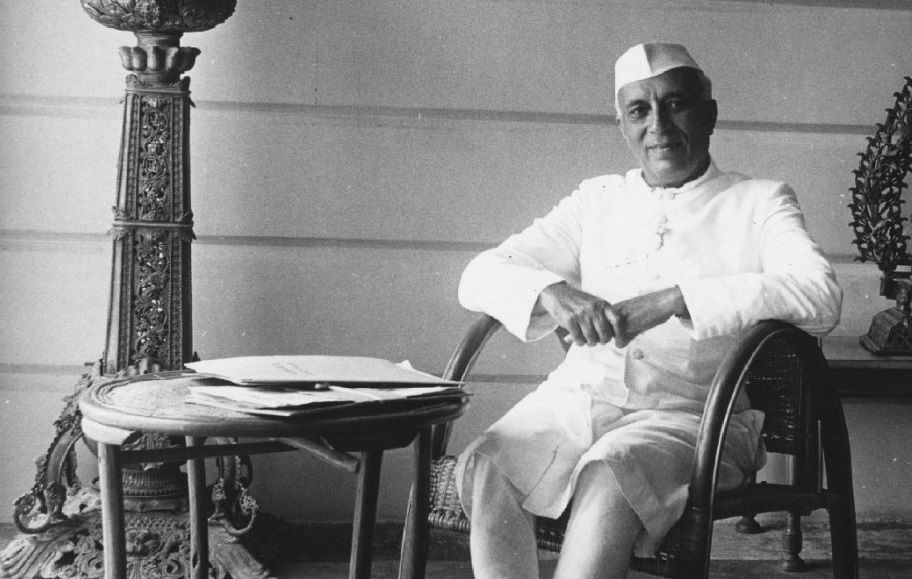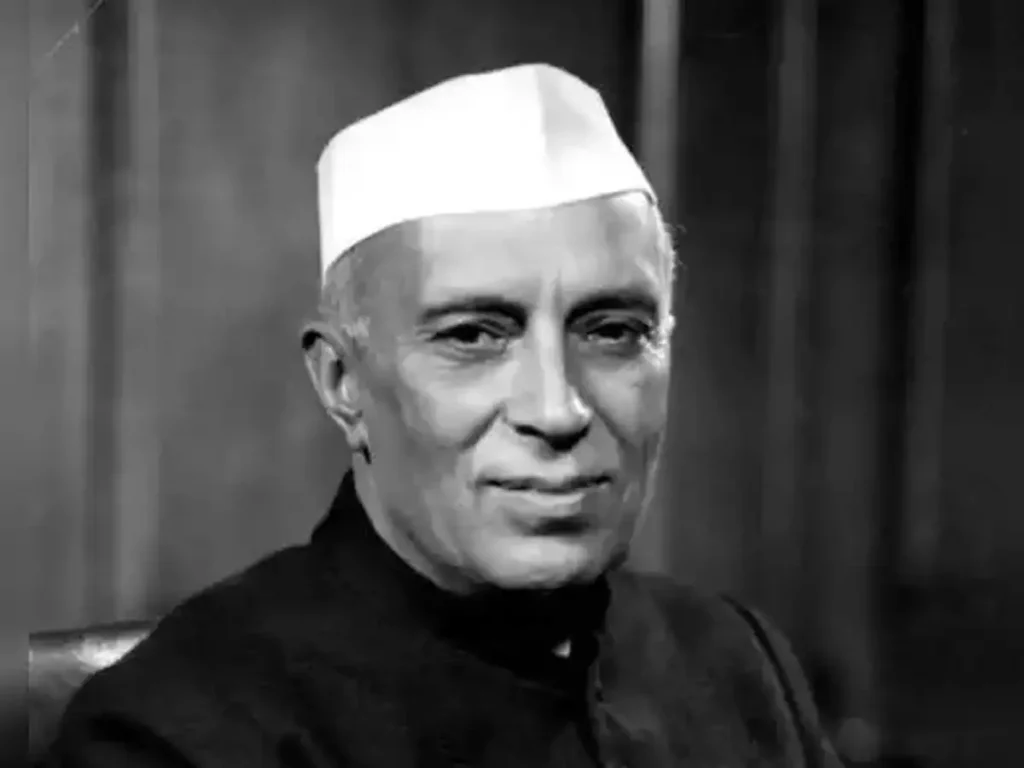Introduction
Nehru’s Vision One of India’s most influential and charismatic political figures, Jawaharlal Nehru, played a pivotal role in shaping the nation’s destiny as its first Prime Minister. But Nehru’s contributions extend far beyond politics, as he not only fought for India’s independence but also laid the foundation for its secular and inclusive society. Nehru’s stance against communalism deserves special recognition, as he tirelessly worked towards strengthening national unity and eradicating sectarian divisions.
Communalism and its Threats
Communalism refers to the promotion of a particular religion or community’s interests to the detriment of others, often resulting in social tensions, violence, and polarization. India, marked by its religiously diverse population, has faced numerous challenges in maintaining communal harmony throughout its history. It was a problem of paramount concern during the partition era, as religious animosity between Hindus and Muslims led to the tragic partition of the Indian subcontinent.
Nehru’s Opposition to Communalism
Jawaharlal Nehru understood the perils of communalism and believed it posed a major threat to India’s democratic values and secular fabric. A staunch advocate of unity, Nehru firmly believed in the principle of “sarv dharm sambhav,” which means equal respect for all religions. His vision for India was an inclusive and pluralistic society where religious identity holds no prominence over the idea of national unity.

You can read our another post on Potagarh of Ganjam: A Hidden Gem in Odisha
Nehru’s Actions and Initiatives
As Prime Minister, Nehru implemented several measures to counter communalism and promote a sense of national belonging:
Secularism enshrined in the Constitution: Nehru played a pivotal role in drafting the Indian Constitution, ensuring its secular character and guaranteeing the freedom to practice and propagate any religion.
Building an inclusive society: Nehru took progressive steps to ensure equal opportunities for all, irrespective of their religious backgrounds. He actively sought to end discrimination and inequality faced by religious minorities, particularly the Muslim community.
Promoting nationalism over religious divisiveness: Nehru emphasized the importance of Indian national identity above all religious identities. He promoted secular education and discouraged sectarian ideologies that could foster communal disharmony.
Encouraging communal amity: Nehru repeatedly called for Hindu-Muslim unity and worked tirelessly to create an atmosphere of trust and understanding among different religious communities. His staunch opposition to divisive politics and deep commitment to communal harmony are exemplified by his efforts to protect minority rights and build interfaith dialogue.
Legacy and Challenges Ahead
Nehru’s commitment to secularism and his relentless opposition to communalism have significantly shaped modern India. However, communalism remains a challenge that confronts the nation even today. Struggles to maintain harmony and counter divisive politics persist, underscoring the continuing relevance of Nehru’s vision.

Write A FAQ For Nehru’s Vision: Uniting a Divided Nation
What was Nehru’s vision for a divided nation?
Nehru’s vision for a divided nation was to unite a diverse and fragmented India into a strong and united country. He believed in fostering national integration and unity among people of different religions, regions, and cultures, with a focus on secularism and social equality.
How did Nehru work towards achieving his vision?
Nehru implemented several policies and strategies to achieve his vision. He promoted the idea of a secular state, emphasizing the equal treatment of all religions and safeguarding minority rights. He also advocated for social and economic reforms to uplift marginalized communities and bridge the socio-economic gaps within the country. Additionally, Nehru focused on spreading education and building institutions that would promote democratic values and unity among the citizens.
What were some challenges faced by Nehru in uniting the nation?
Nehru faced various challenges in his mission to unite a divided nation. One significant challenge was the religious divide between Hindus and Muslims, which led to the partition of India and the creation of Pakistan. He also had to address issues related to social inequality, regionalism, and linguistic diversity, which caused tensions and divisions within the country. Additionally, Nehru had to navigate the diverse aspirations and identities of different regional and cultural groups.
What were the key accomplishments of Nehru’s vision?
Despite the challenges, Nehru’s vision for a united nation had several key accomplishments. He successfully laid the foundation for a democratic and secular state in India. His policies on land reforms, education, and industrialization played a significant role in reducing poverty and promoting economic growth. Nehru’s emphasis on education helped build a strong educational system, while his focus on national identity and unity resulted in the formation of diverse cultural institutions and the celebration of national festivals.
What is Nehru’s legacy in uniting a divided nation?
Nehru’s legacy in uniting a divided nation is significant and enduring. His vision and leadership were crucial in shaping a harmonious and inclusive India. His commitment to secularism, social justice, and economic progress continues to influence the country’s policies and ethos. Nehru’s efforts in nation-building have set a precedent for subsequent leaders, creating a strong foundation for India’s democracy, diversity, and unity.
Conclusion
Jawaharlal Nehru’s efforts to combat communalism and build a pluralistic society were instrumental in fostering national integration in post-independence India. His pragmatic approach, inclusive policies, and unwavering commitment to secularism have left a lasting impact on the nation’s socio-political fabric. While the challenge of communalism still persists, Nehru’s ideals continue to guide us towards a more inclusive and unified India, acting as a beacon of hope in an ever-divided world.
